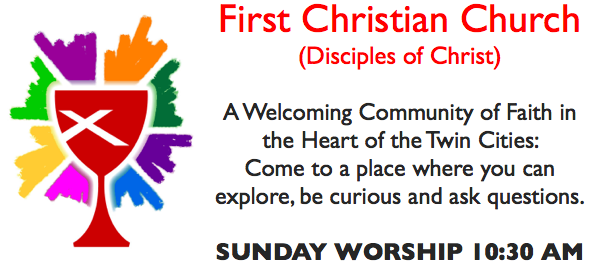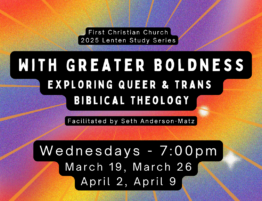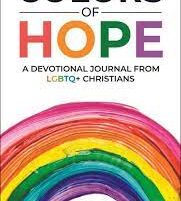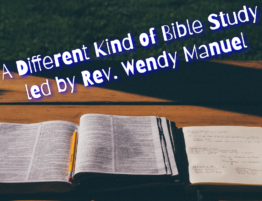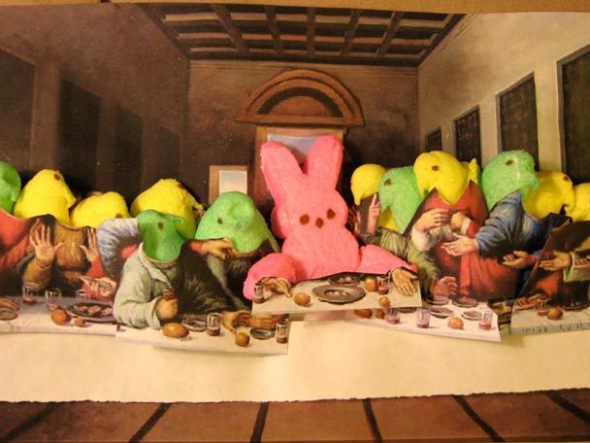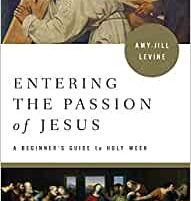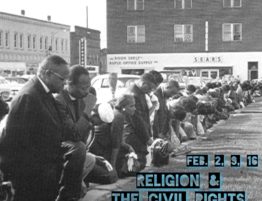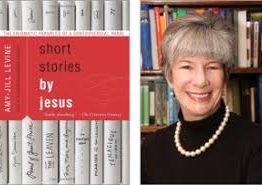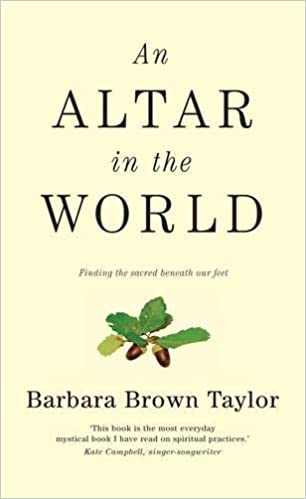
Rev. Dr. Christine Isham, FCC member and chaplain who lives in Wisconsin, will lead a book study for FCC members on Barbara Brown Taylor’s An Altar in the World: A Geography of Faith,” beginning May 17 at 7:00 pm. Readers will gather via Zoom during this six-week study to discuss Taylor’s book. The book has 12 chapters, so each session will address two chapters.
Asked why she chose this book, Isham said, “It seems like a perfect book for right now, when we can’t gather in a building. Taylor’s book is about looking for God in the world and being aware of God in the world. I’m trying to do that myself, and I thought it would be a good thing for people to explore together.” One website said this about the book: “With the honesty of Elizabeth Gilbert (Eat, Pray, Love) and the spiritual depth of Anne Lamott (Grace, Eventually), Taylor shares how she learned to find God beyond the church walls by embracing the sacred as a natural part of everyday life. In An Altar in the World, Taylor shows us how to discover altars everywhere we go and in nearly everything we do as we learn to live with purpose, pay attention, slow down, and revere the world we live in.” From the introduction:
“The treasure we seek requires no lengthy expedition, no expensive equipment, no superior aptitude or special company. All we lack is the willingness to imagine that we already have everything we need. the only thing missing is our consent to be where we are.” (p.xvii) Under the guidance of Barbara Brown Taylor, let’s gather our willingness and our imagination to see some of the altars in this world – “ordinary-looking places where human beings have met and may continue to meet up with the divine More that they sometimes call God.” (p.xix)
Interested readers should send Rev. Isham their email address; she will send out Zoom links as well as focus questions for each session. Click here to email Rev. Dr. Isham
To prepare for the first session on May 17:
Ch1: Can you think of a time in your life when you, like Jacob, have “woken up to God” (4)? Where were you? How have you marked or remembered those times and places? Is it easier to confine God to a particular space in our lives? “Do we build God a house in lieu of having God stay at ours” (9)?
